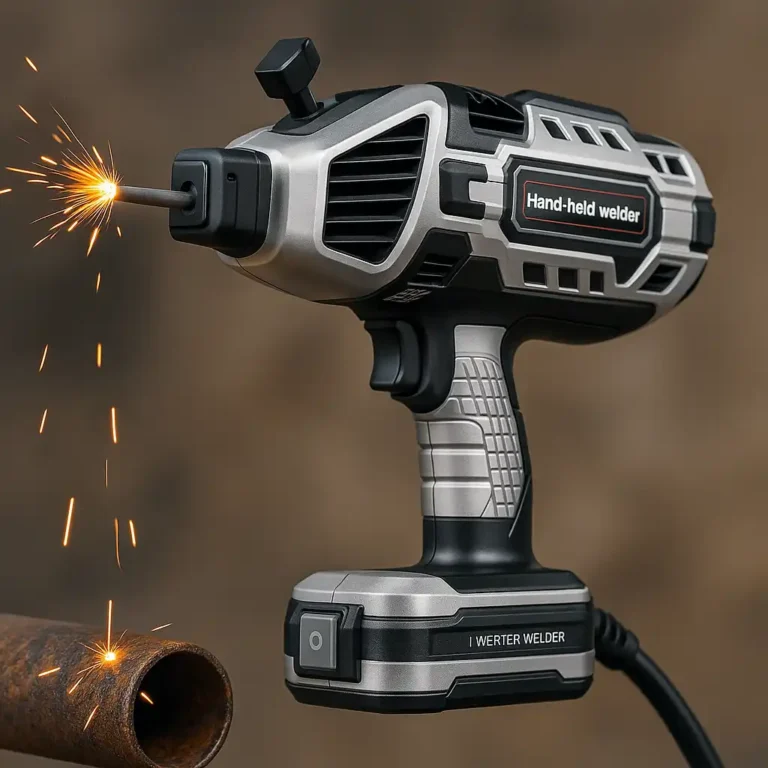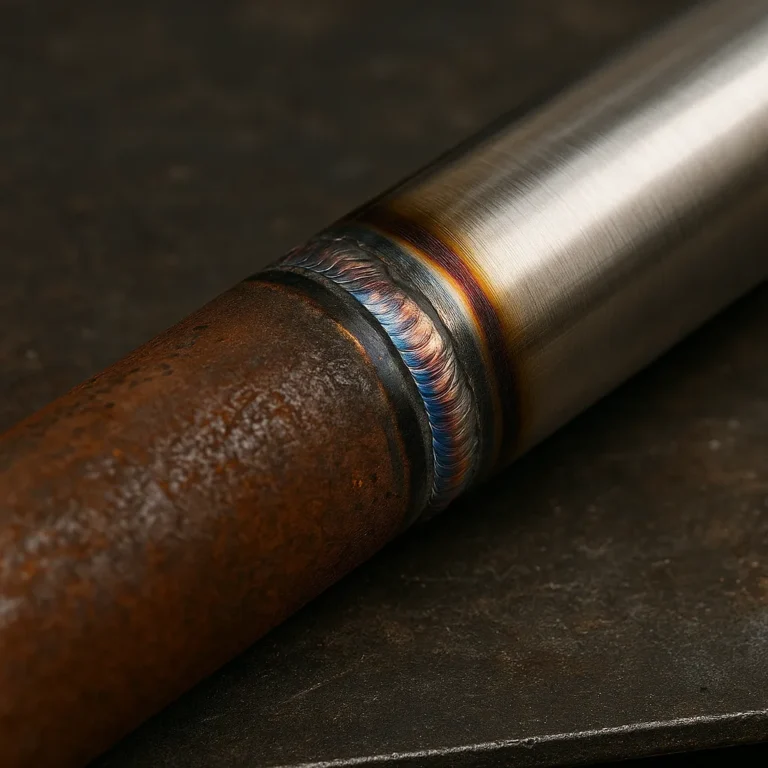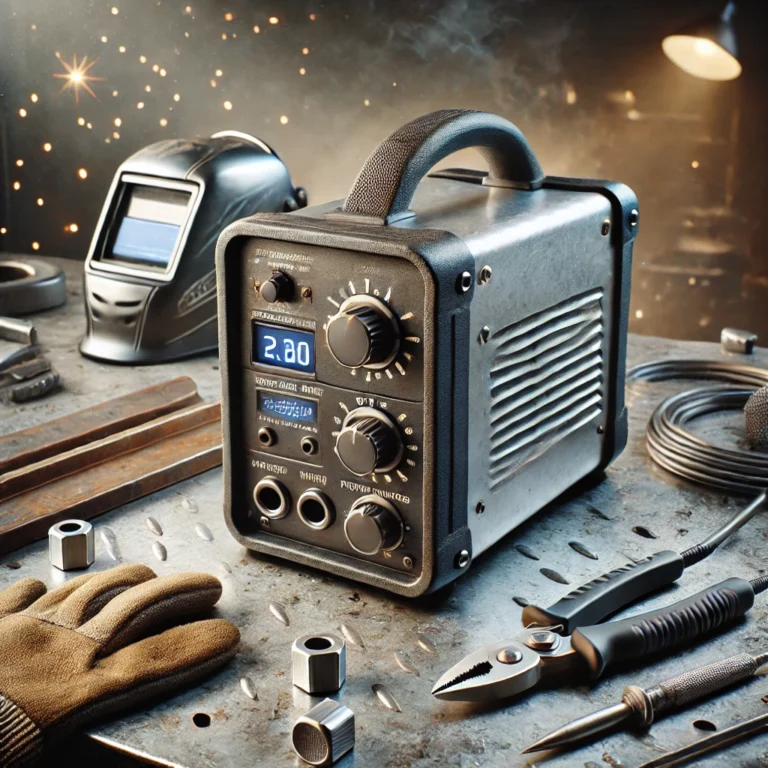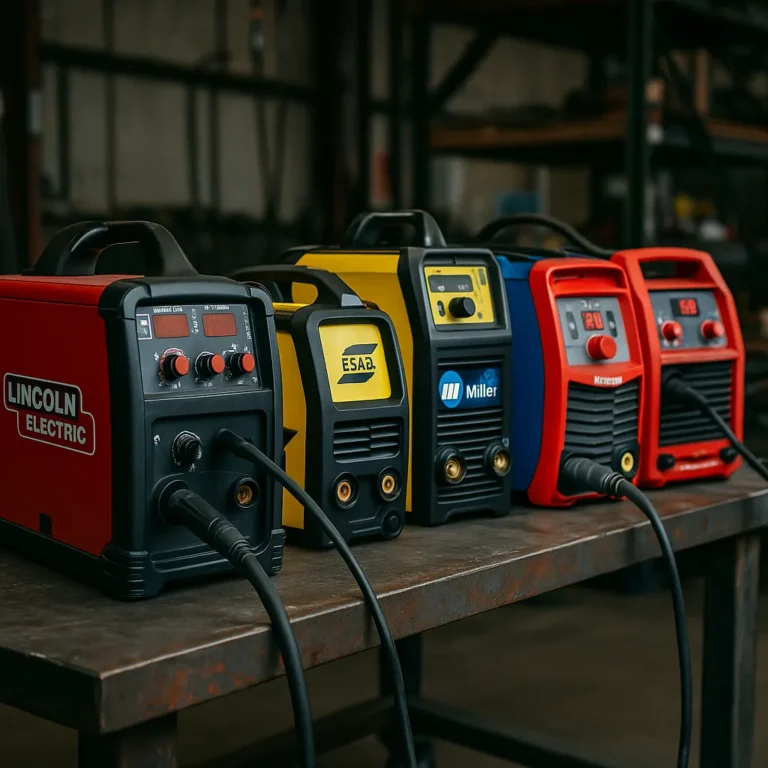Do Handheld Welders Work for Small Fabrication and Maintenance
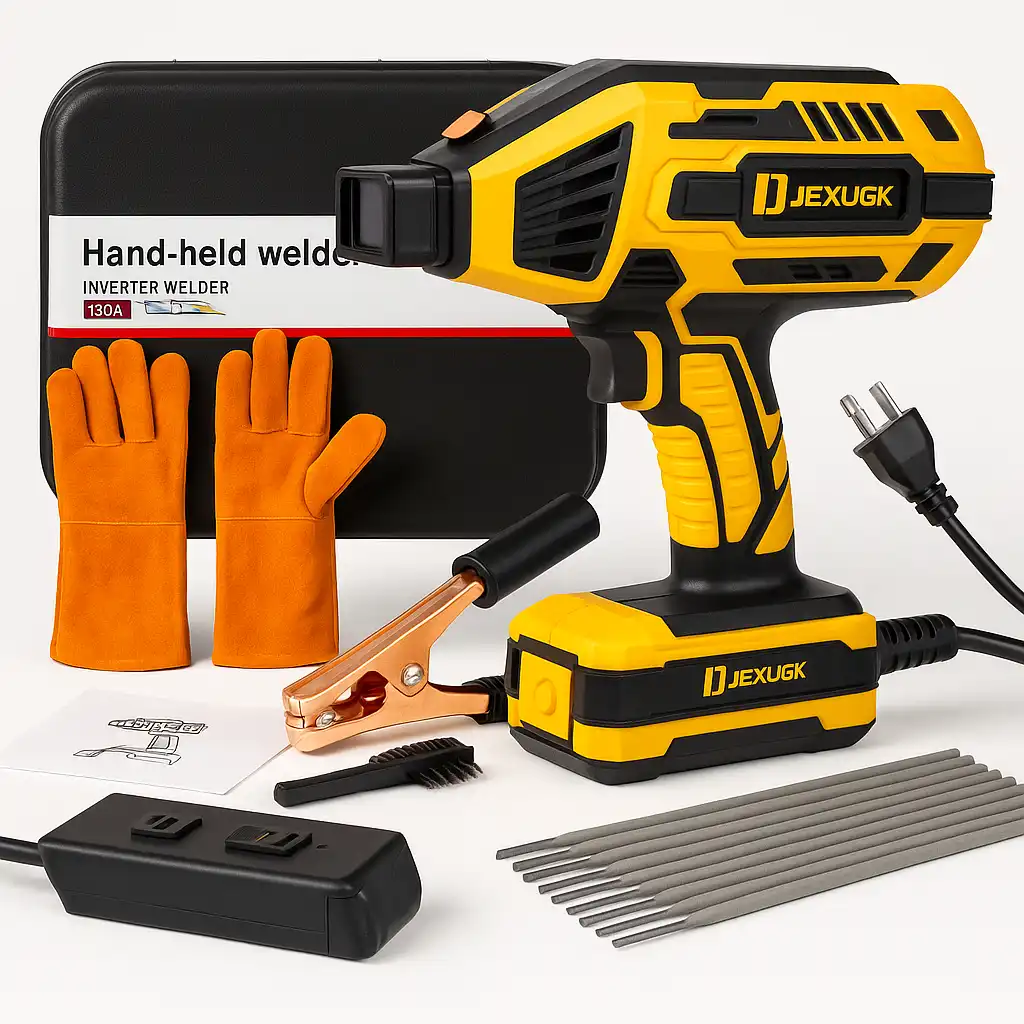
Handheld welders are proving themselves as reliable tools for light-duty welding jobs. These compact machines are popular among hobbyists, home DIYers, and even professionals who need something portable and simple to operate.
Thanks to improvements in inverter technology, many handheld units now deliver stable arcs, easy starts, and enough power to handle basic repairs and small fabrication tasks.
Real-World Usability: What to Expect
Modern handheld welders are designed with convenience in mind. Most models run on standard 110V household outlets and can be set up in minutes. Just clamp the ground, insert your rod or wire, and you’re ready to weld.
Based on user reviews, handheld welders are commonly used for quick fixes like repairing gates, patching auto body panels, or welding light frames. While they’re not built for thick structural steel, they handle mild steel, stainless, and other light metals with no trouble.
Learning Curve and Portability
These machines are especially useful for beginners. The simple interface, compact size, and built-in safety features—like Hot Start and Anti-Stick—make it easier to learn without getting discouraged.
Portability is a major plus. Many handheld welders weigh under 10 pounds and come with a carrying handle or strap. That makes them easy to transport to job sites or store in smaller workspaces.
Equipment Compatibility and Limitations
Most handheld welders are stick or flux-core MIG machines. Some models support Lift TIG, but multi-process flexibility is limited. That’s fine for everyday repairs or casual use, but not ideal if you need full TIG capabilities or high-end controls.
These welders usually offer a maximum output between 120A and 140A. That’s enough for welding thinner materials and light structural projects, but not for high-amperage, industrial tasks.
Safety Features and Cost Effectiveness
Handheld models are increasingly equipped with helpful safety features. Overload protection, built-in cooling fans, and smart voltage adjustment all help prevent overheating or damage during use.
For the price—often under $200—many users consider them a great value. Brands like YESWELDER, S7, and Simder get frequent mentions on welding forums for offering dependable performance in a compact form.
Conclusion
Handheld welders do work—especially for light-duty jobs, small workshops, and beginners looking to practice or complete quick tasks at home. They’re not designed for heavy fabrication, but within their limits, they’re reliable, affordable, and surprisingly capable.



